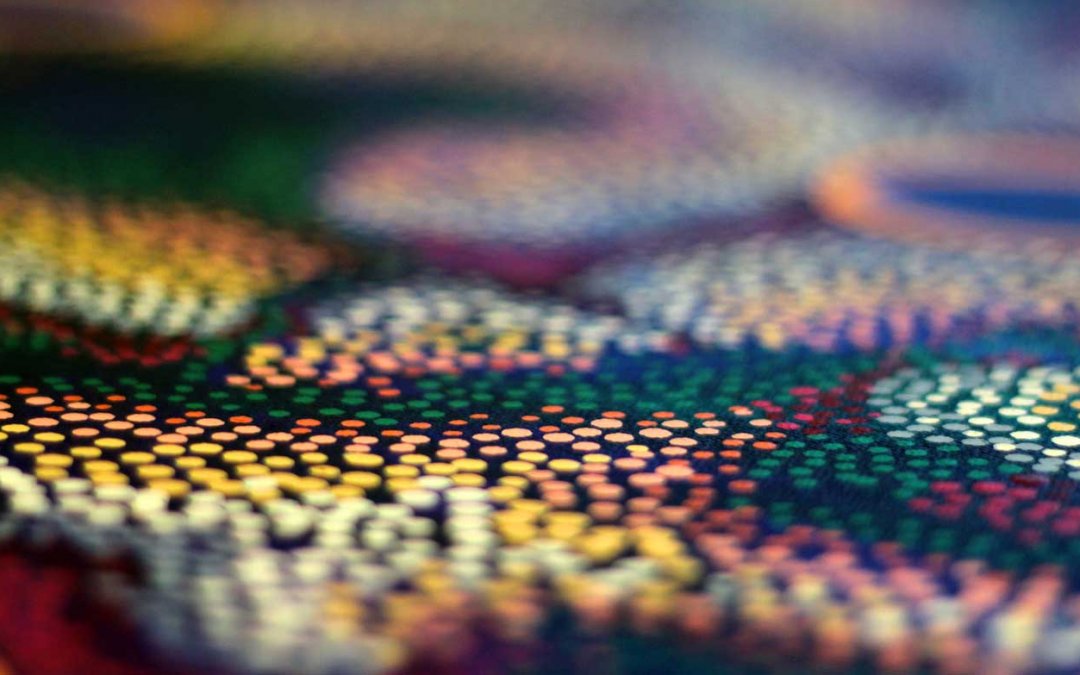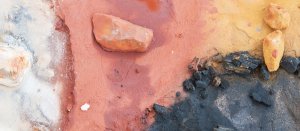The Uniting Church in Australia acknowledges we live and work on Aboriginal land.
The following is taken from the preamble to the Church’s constitution, adopted in 2009. It reflects our remorse for past mistakes and commitment to reconciliation with Australia’s First Peoples .
“As the Church believes God guided it into union so it believes that God is calling it to continually seek a renewal of its life as a community of First Peoples and of Second Peoples from many lands, and as part of that to:
Recognise
- When the churches that formed the Uniting Church arrived in Australia as part of the process of colonisation they entered a land that had been created and sustained by the Triune God they knew in Jesus Christ.
- Through this land God had nurtured and sustained the First Peoples of this country, the Aboriginal and Islander peoples, who continue to understand themselves to be the traditional owners and custodians (meaning ‘sovereign’ in the languages of the First Peoples) of these lands and waters since time immemorial.
- Some members of the uniting churches approached the First Peoples with good intentions, standing with them in the name of justice; considering their well-being, culture and language as the churches proclaimed the reconciling purpose of the Triune God found in the good news about Jesus Christ.
- Many in the uniting churches, however, shared the values and relationships of the emerging colonial society including paternalism and racism towards the First Peoples. They were complicit in the injustice that resulted in many of the First Peoples being dispossessed from their land, their language, their culture and spirituality, becoming strangers in their own land.
- The uniting churches were largely silent as the dominant culture of Australia constructed and propagated a distorted version of history that denied this land was occupied, utilised, cultivated and harvested by these First Peoples who also had complex systems of trade and interrelationships. As a result of this denial, relationships were broken and the very integrity of the Gospel proclaimed by the churches was diminished.
- From the beginning of colonisation the First Peoples challenged their dispossession and the denial of their proper place in this land. In time this was taken up in the community, in the courts, in the parliaments, in the way history was recorded and told, and in the Uniting Church in Australia.”



Recent Comments